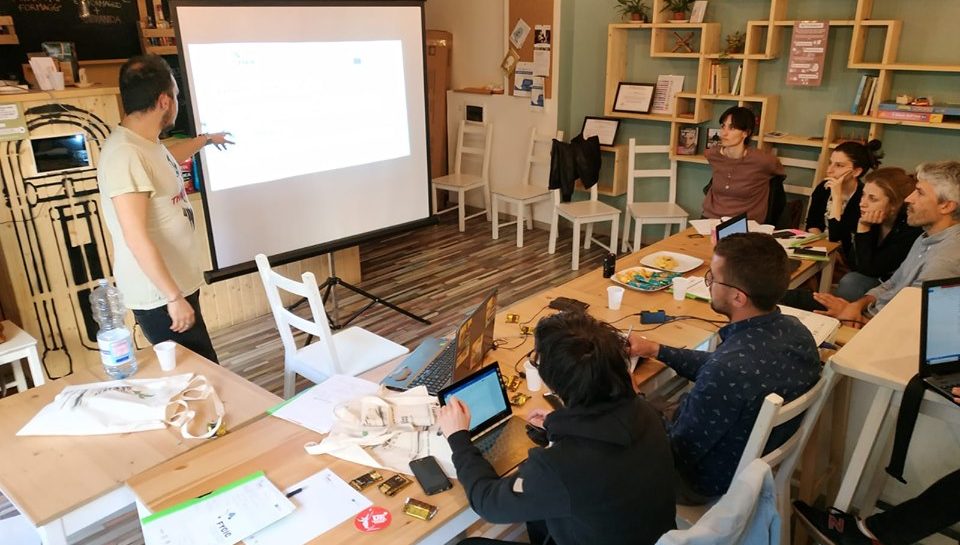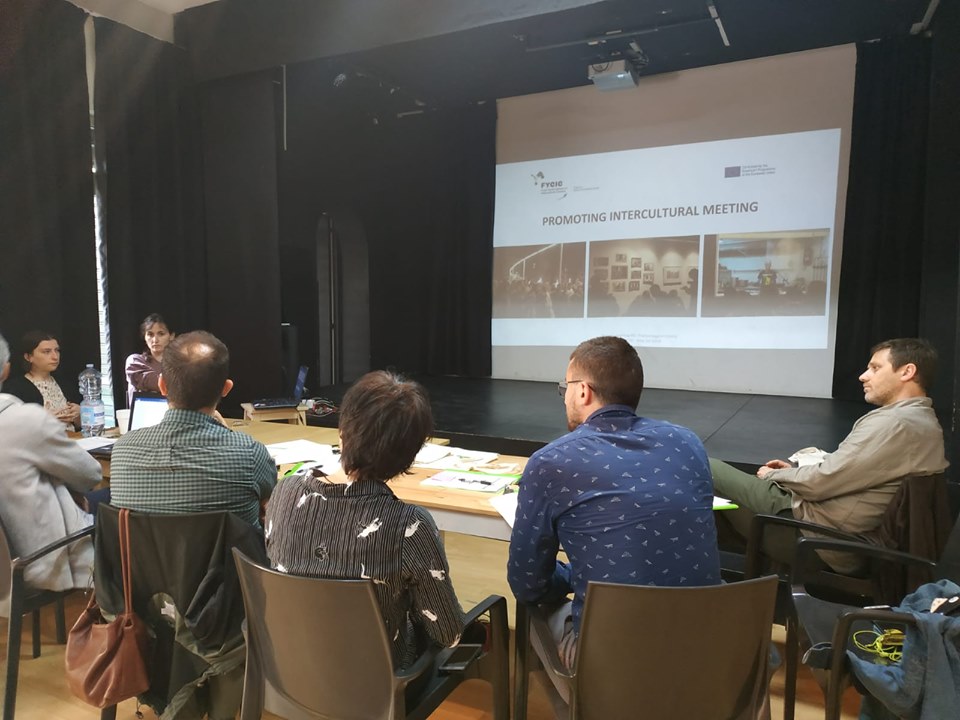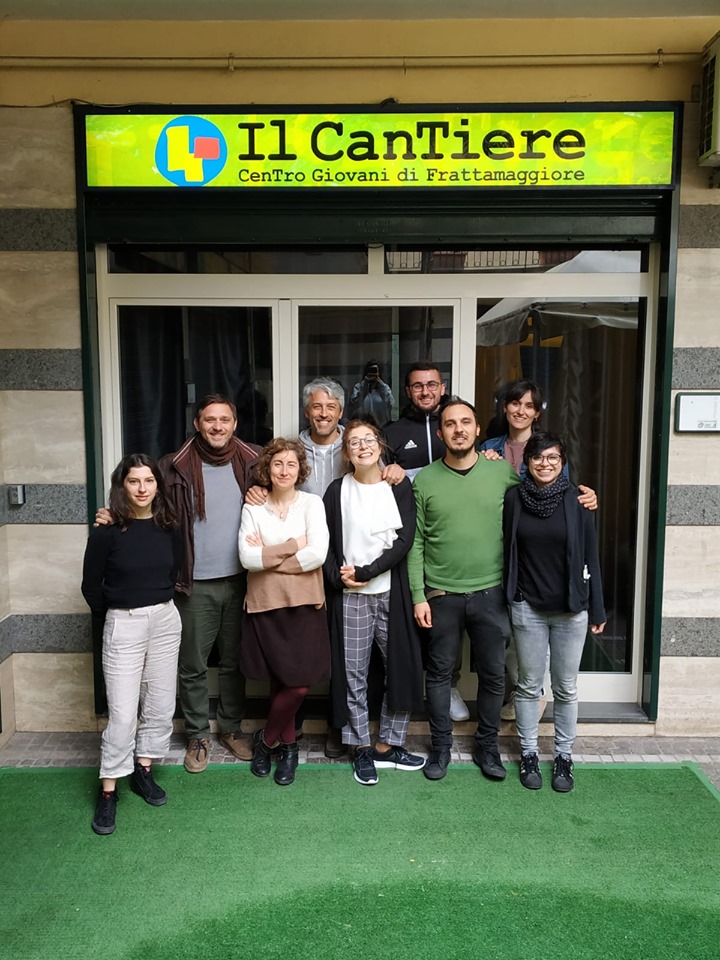EUROPEAN ORGANIZATIONS WORKING ON DEVELOPMENT OF YOUTH INTERCULTURAL CENTERS
Categorie Transnational meetings
A strategic partnership for innovation in youth policies
From 27th April to 1st May it is taking place at Frattamaggiore (Naples, Italy) the first international meeting of organisations working in the youth field promoted by the project “From Youth Centers to Intercultural Centers” (FYCIC), in the frame of the Erasmus Plus Program of the European Union. The two-year project intends to carry out a research on innovative methods and strategies to turn Tyouth centres into intercultural centres.
The project takes in account the growing multicultural composition of Europe, that in the last years is facing the phenomenon of the of the influx of thousands of asylum seekers. The activity of Youth Centers is not longer enough to meet the needs of local communitieswhere more and more native young people coexist with immigrant peers.This situation, which increasingly characterizes and will characterize local communities in the EU, requires the evolution of the classic Youth Centers towards interculturality.
“FYCIC” intends to propose an innovation of method and practices, which can turn the different activities of Youth Centers in an intercultural sense. To achieve this goal it creates a strategic partnership among four european organizations:Cantiere Giovani (Italy), Sarean Kultur Elkartea (Spain), Amarante Marao Clube (Portugal) and Drustvo Za Razvijanje Prostovoljnega Dela Novo Mesto (Slovenia), with experience in managing intercultural youth centers. The partnership works on developping a toolkit for youth workers with educational materials in the fields of: games and sports, cultural events, recreational workshops and local volunteering, which will be subjected to validation on stage and reworking and comparison between partners during the international meetings at the offices of the involved organizations.
The toolkit will be translated into the languages of the partners (Italian, Portuguese, Spanish and Slovenian) in addition to the English one and made available online for free on the project website. At the end of the project, will be organized four public events (one in each partner country) involving 120 representatives of youth organizations and public administrations, sowing the seed for the construction of a European Network of Intercultural Youth Centers.

